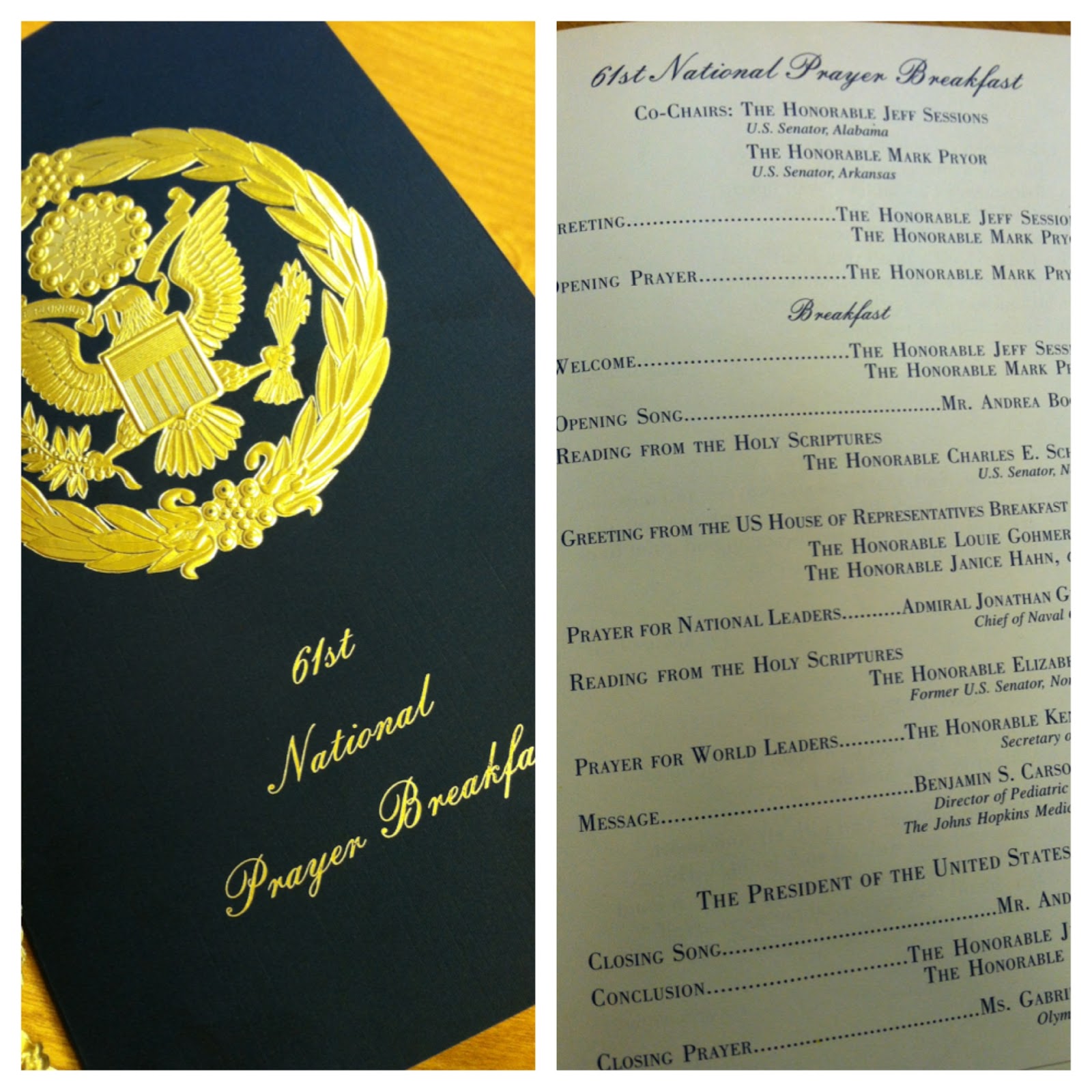This week the Jewish world turns its
traditions on their heads. Why? In celebration of Purim; the fun, boisterous
holiday that commemorates the foiling of a plot to kill all the Jews of ancient
Persia. Its observance comes with its own set of unique and sometimes
surprising commandments. One of which is to get drunk. Not just to have a sip
or two of wine, but to get so sloshed that you are unable to discern the
difference between the names of Purim's hero Mordechai and its villain Haman.
You might think that the origin of this practically pagan-sounding ritual is
fundamentally hedonistic. However both ancient and modern Jewish sources cite a
rather esoteric explanation for drinking on Purim: alcohol sublimates rational
thoughts and reduces inhibitions. The advantage of this altered state is that
the drinker is truly humbled once they are stripped of their intellectual
cynicism. With alcohol in their system, drunken Purim partiers are
paradoxically enabled to appreciate that only a higher power can truly discern
between good and bad, between Mordechai and Haman. Or so goes the rationale.
Perhaps this belief is better
illustrated by an old parable: a time-honored institution in many Jewish
communities is the shadchan, or marriage broker. More than an on-line dating
service, he accompanies the deal from its inception all the way to its
conclusion. He meets with the respective families, notes their desires, demands
and expectations, and presents them with a proposal. He then presides over the
negotiations, convincing each side to make the concessions required so that the
deal can be closed. Then the boy meets the girl, and the shadchan’s work really
begins. The boy wanted someone more beautiful, the girl wanted someone with
better prospects. So he explains, cajoles, clarifies, and even exaggerates.
(Not unlike a friend who sets you up on a blind date.) More meetings follow,
and the engagement is formalized. In the critical months between the engagement
and the wedding, the shadchan advises, encourages, assuages doubts, and heads
off crises. Then comes the wedding. The bride and groom stand under the wedding
canopy, and the shadchan is the proudest man in attendance. At this point, the
shadchan is discreetly taken aside and told: "Thank you very much for what
you did. Without you, this union could never have been achieved. Now take your
commission and get out of our lives. We don’t want to see you ever again."
In the cosmic marriage between God
and Israel, the intellect is the shadchan. Without it, the relationship could
not have been realized. But there comes a point at which the shadchan’s
brokering is no longer needed, for something much deeper and truer has taken
over. At this point, the shadchan’s continued presence is undesirable. Purim is
a wedding at which the shadchan has been shown the door. So we are serving
drinks! Please note that there are "drunks" who achieve a state of
cognitive oblivion, but in no other way do they resemble stereotypical drunks.
On Friday night, you will not see them hurling fists, insults, or obscenities
at each other, or slobbering over their domestic troubles. Rather you will see
outpourings of love. You will experience pure, unbridled joy.
For 364 days a year, we have no
other choice. Our minds must exercise complete control over our emotions and
behavior, lest the animal in us rage rampant. We need the mind not only as
guardian and regulator, but also as facilitator of our highest potentials. It
is the mind that enables us to sustain and improve our lives and imbue the
world with the wisdom of Torah. So if the mind does all these things within the
finite parameters of reason, it remains the most effective tool we have with
which to access the truths of the universe. Still, there is one day in the year
in which we enjoy direct, immediate access to these truths. This day is Purim.
The Jew who rejoices on Purim has no need for reason. The mind becomes utterly
superfluous, something which only encumbers the outpouring of their soul;
something which only quantifies and qualifies that which is infinite and
all-pervading. So join us, and put your mind to sleep for a few hours. For
Purim at Micah is a time of revelry and rejoicing. And for many of us, that
will include enjoying a few drinks.
If you are among those planning to
enjoy our festivities this Purim, please remember to drink responsibly and not
to drink and drive.






